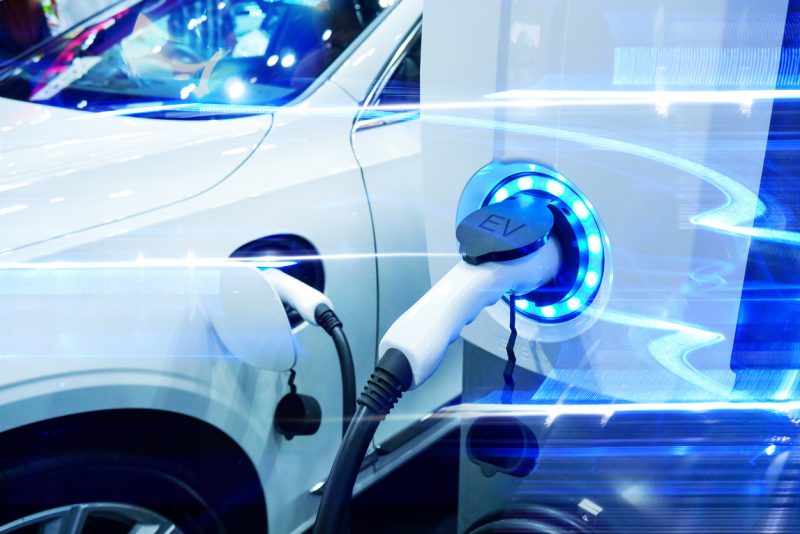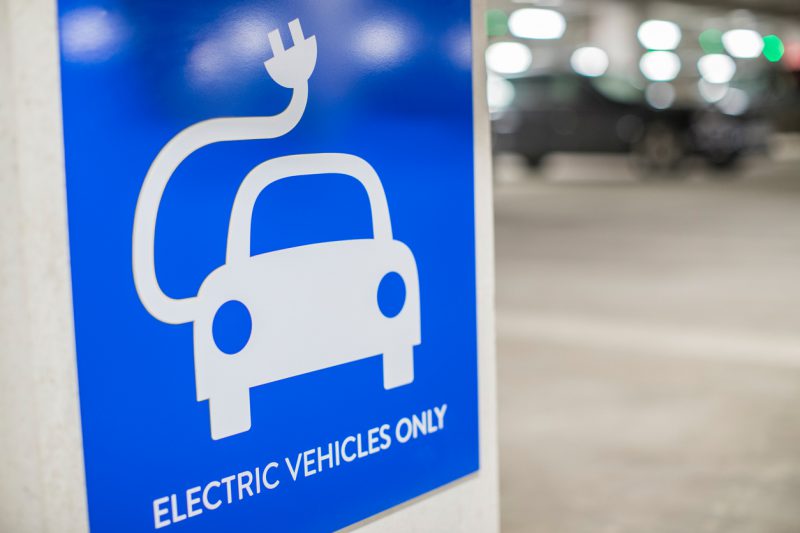
It may not have escaped your notice that there’s a general election this week. In the UK there were 45,775,800 people eligible to vote in December 2018. Of those, latest Driver and Vehicle Licensing Agency (DVLA) figures show 40,861,015 hold driving licences.
With 89 per cent of voters also drivers, what do the political parties have to offer them? We’ve combed the manifestos of the eight parties represented in the UK Parliament until the general election 2019 to see what they’re promising drivers. The parties are ranked in order of the number of seats they currently hold.
The Conservative Party
The current governing party’s 64-page manifesto is pledging ‘a transport revolution’. The Conservatives say they will make a £28.8 billion investment in strategic and local roads. They add: “We will launch the biggest ever pothole-filling programme as part of our National Infrastructure Strategy – and our major investment in roads will ensure new potholes are much less likely to appear in the future.”
It is planning to invest £1 billion in a fast-charging network for electric cars. This will ensure everyone in the country is within 30 miles of a rapid electric vehicle charging station. And it wants a consultation ‘on the earliest date we can phase out the sale of new conventional petrol and diesel cars, while minimising the impact on drivers and businesses.’ Currently the date set for this is 2040.
The Labour Party
The Labour Party’s manifesto is 107 pages and contains a section titled ‘The Green Industrial Revolution’.
Labour says that cutting exhaust emissions will drive its transport policies. It is aiming to end the sale of internal combustion engine cars by 2030. It says: “We will position the UK at the forefront of the development and manufacture of ultra-low emission vehicles and will support their sale. We will invest in electric vehicle charging infrastructure and in electric community car clubs. We will accelerate the transition of our public sector car fleets and our public buses to zero-emissions vehicles.”
It will invest £3.6bn in the electric vehicle charging network and promises a £3.5bn package of interest-free loans for electric vehicles, with individual loans of up to £5000. And it’ll invest £300m in community car clubs.

The Liberal Democrats
The party’s 100-page manifesto says it will: “Accelerate the rapid take-up of electric vehicles (EVs) by reforming vehicle taxation, cutting VAT on EVs to 5 per cent and increasing the rate of installation of charging points, including residential on-street points and ultra-fast chargers at service stations. We will ensure that, by 2030, every new car and small van sold is electric.”
The Lib Dems would like to extend the number of Ultra-Low Emission Zones beyond London to 10 more towns and cities in England. And it will ensure all private hire vehicles and new buses licensed to operate in urban areas are ultra-low-emission or zero-emission vehicles by 2025. “We will provide £2 billion to support this transformation,” the party says.
And it plans to encourage the development of car-sharing schemes, car clubs and self-driving vehicles for public use.
The Scottish National Party
The SNP’s manifesto is 52 pages. Like the other parties it focuses on alternative fuel vehicles, saying it will campaign for the UK government to bring forward plans to move all new-car sales to electric vehicles by 2032. It adds it will be: “Helping people with the cost of ultra-low emission vehicles (ULEVs), including second-hand cars, by providing an additional £17 million for loan funding.”
By reforming vehicle and tax incentives the SNP plans to help industry and business invest in zero-emission and sustainable transport. This would include reducing VAT on bicycles and giving companies and individuals incentives to use Ultra Low Emission Vehicles.
The Democratic Unionist Party
Northern Ireland’s DUP has a 28-page manifesto stating that: “The primary challenge of transport and air quality is tackling the pollution from diesel engines and older vehicles.” It wants to ban the sale of conventionally powered petrol and diesel cars by 2035. It would also like a diesel scrappage scheme. This is where owners of older more polluting cars are given discounts on new cars in exchange for scrapping their motors. And it wants to add particulate filters to all petrol cars.
Independent Group for Change
The independent group of MPs has a Vision for 2020. It wants to make a: “Transition away from sale of new petrol and diesel cars and vans by 2030.”
Plaid Cymru
The 88-page manifesto for Welsh party Plaid Cymru promises to accelerate the transition to an electric transport system so that petrol and diesel cars are phased out by 2030. And it’s claiming: “We will invest in a national electric vehicle charging network across Wales, starting the transition towards a wholly electric fleet of public sector vehicles and increased use of private EVs…Without public intervention Wales will be left behind in the coming electric car revolution.”
The Green Party
Obviously the environment features heavily in the Green Party’s 92-page manifesto. It proposes to: “End the sale of new petrol and diesel fuelled vehicles by 2030. Over the next 10 years we will ease this transition by incentivising the replacement of diesel and petrol vans, lorries and coaches with electric vehicles. Even electric vehicles pollute, so they represent an improvement on the current situation, not a solution in themselves.”
It also wants to create a network of electric vehicle charging points across the UK. It says these must be located in public places. Plus, all existing petrol stations and motorway service stations will have to offer electric vehicle charging points by 2025.